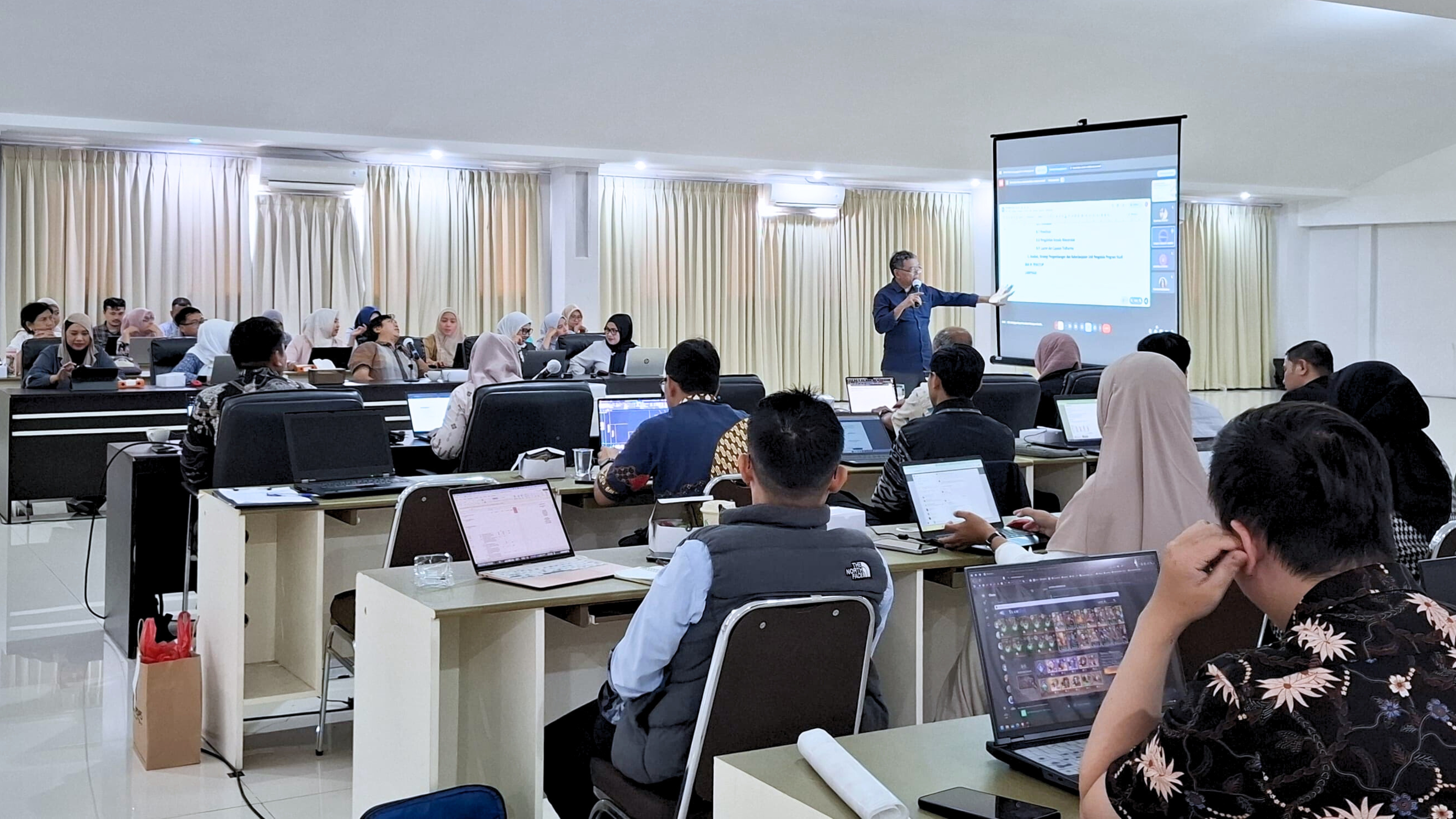Emotional Harmony: How Music Affects Human Mood and Well-Being

Music is one of the things that we can encounter in everyday life. With the existence of music, someone can make the existence of music as a source of motivation to do something or as a way of expressing a certain event. Music contains various meanings that contain various formal aspects such as culture and informal aspects such as a person's psychological outpouring.
According to one of the explanations of music by Mary Spender, when the study of psychology is applied to the study of music as a product of the human mind, there will be several questions such as "how does music make a person feel certain feelings?". Music has been heard since the phase of life when humans are born, and some studies show that a baby is already sensitive to certain melodies.
Music is one of the essential human needs to enjoy beauty, appreciate, and express psychological states. The need for humans to express their identity as moral, tasteful, and sentient beings (Bahari 2014: 45).
Reporting from Harvard Medical School research, that a music can have a neurological effect on a person's mentality. Music can provide a stimulus to the brain and through nerve pathways, the music will be directed to certain hormones in response to the music. Music can activate almost all brain networks, including those involving emotions, memory, and motor skills that can help improve the quality of one's emotions.
In addition, according to some studies, music can also improve the quality of a person's life. Regardless of the fact whether one is a passive or active music listener, a piece of music that is listened to can add to one's mood in carrying out their activities.
This can be seen in everyday life such as jogging, the workplace, and when driving to a destination someone will use their headset to select a certain song track. When jogging a person tends to choose a selection of uplifting songs such as the band Loverboy's 'Working for The Weekend' and Joe 'Bean' Esposito- 'You're the Best'.
This is because both songs have a fast-high tempo tone so that they can arouse motivation to do jogging. When viewed from a biological point of view, there are hormones in charge of regulating the circulation of happy sensations and reducing fatigue, namely Endorphins and Serotonin. With music as an enhancer of Endorphins and Serotonin, fatigue will not significantly affect the body when someone exercises.
On the cognition and learning level, the music encourages you to focus your attention on what you are learning. Music can be an effective strategy if you are learning something new. There is a theory called 'Theory of Association' which states that something that is digested by a person's mind will be better remembered if it is balanced with a certain moment as a reference.
"This theory is derived from the concept of Behaviorism and states that concepts are learned through a simple and reinforced relationship between a stimulus and a desired response. When an organism makes a connection between a stimulus (e.g., the sound of a bell) and a response (e.g., pressing a lever that can eventually produce a reward), it makes an association." (Association Theory)
When a person experiences high levels of stress due to various things (work, family demands, broken relationships, and excessive ambition) then music becomes one of the alternative media so that someone can channel their complaints. According to one study conducted by the Harmony and Healing group, music can stabilize a person's breathing rhythm.
Sometimes due to nervousness or stress, the rhythm of breathing becomes one of the triggering factors for certain diseases such as Asthma and increased levels of Cholesterol or Diabetes. Slow tempo music such as Jazz will be able to help a person stabilize their stress levels, this is also why in offices there are initiatives from staff to play music to accompany indoor work.

In today's busy and dynamic modern life, music plays an important role in bringing harmony to life and health. By engaging our sense of hearing, music is able to create a calming atmosphere, reduce stress, and improve overall mood. Through the harmonies and melodies presented, music is able to stimulate the production of happy hormones in the body such as endorphins and serotonin. This proves that music is not just entertainment, but can also be a loyal friend that supports our physical, mental and emotional well-being. By continuing to appreciate and make music a part of our daily lives, we can experience the benefits that harmony brings to our overall well-being.
(Danang Respati Wicaksono / Humas UNDIRA)
Press Contact :
Biro Humas & Sekretariat Universitas Dian Nusantara
Facebook : www.facebook.com/undiraofficial
Instagram : www.instagram.com/undiraofficial
Twitter : www.twitter.com/undiraofficial
www.undira.ac.id
Other

We Guard the Forest, the Forest Guards Us: Understanding Earth and Sky’s Frontline Protector
Read more.jpg)
Boundless Communication: How Anonymity Changes the Way We Interact in the Digital World
Read more
Preparing Faculties to be The Very Best: LPM UNDIRA Encourages Quality Improvement in Study Programs
Read more
Campus Tanjung Duren
Jln. Tanjung Duren Barat II No. 1
Grogol, Jakarta Barat. 11470
Campus Green Ville
JIn. Mangga XIV No. 3
Campus Cibubur
Jln. Rawa Dolar 65
Jatiranggon Kec. Jatisampurna, Bekasi. 17432







